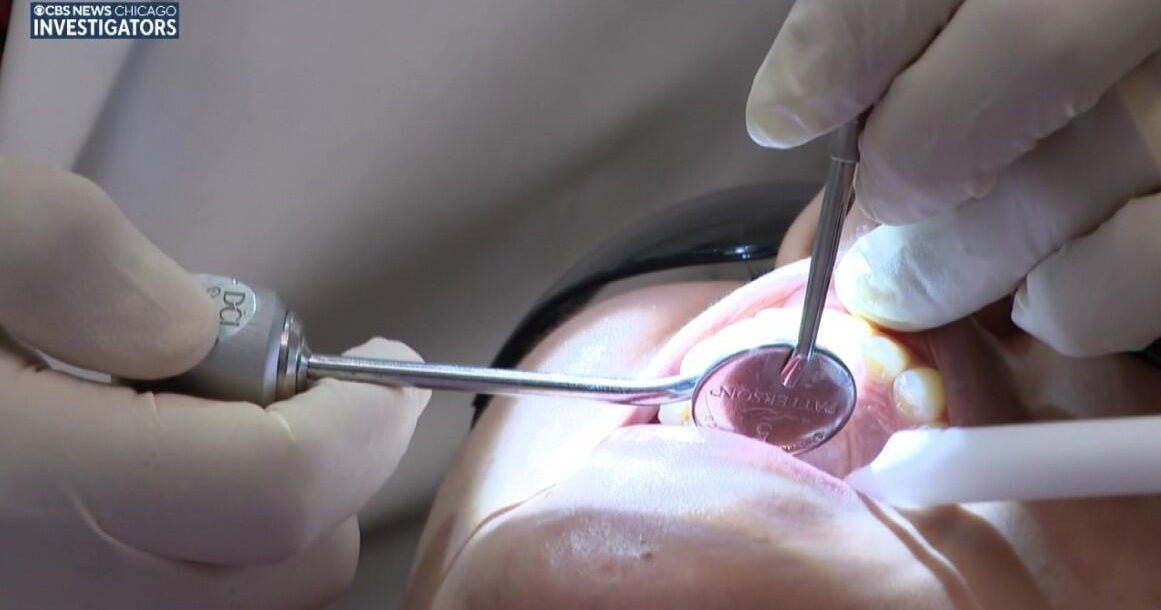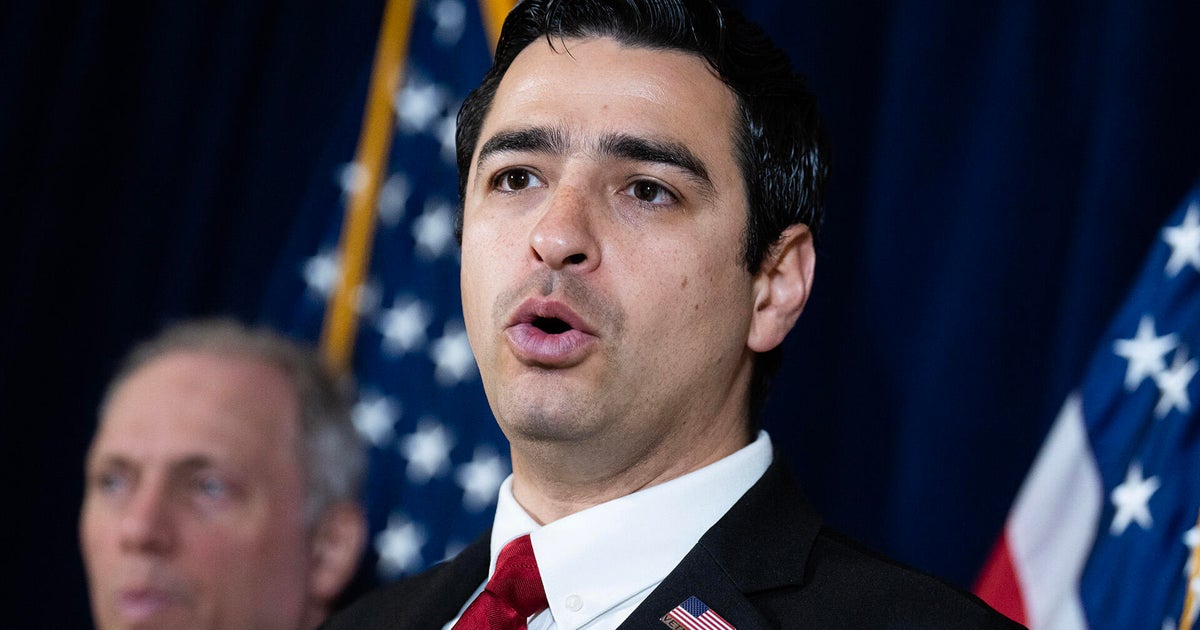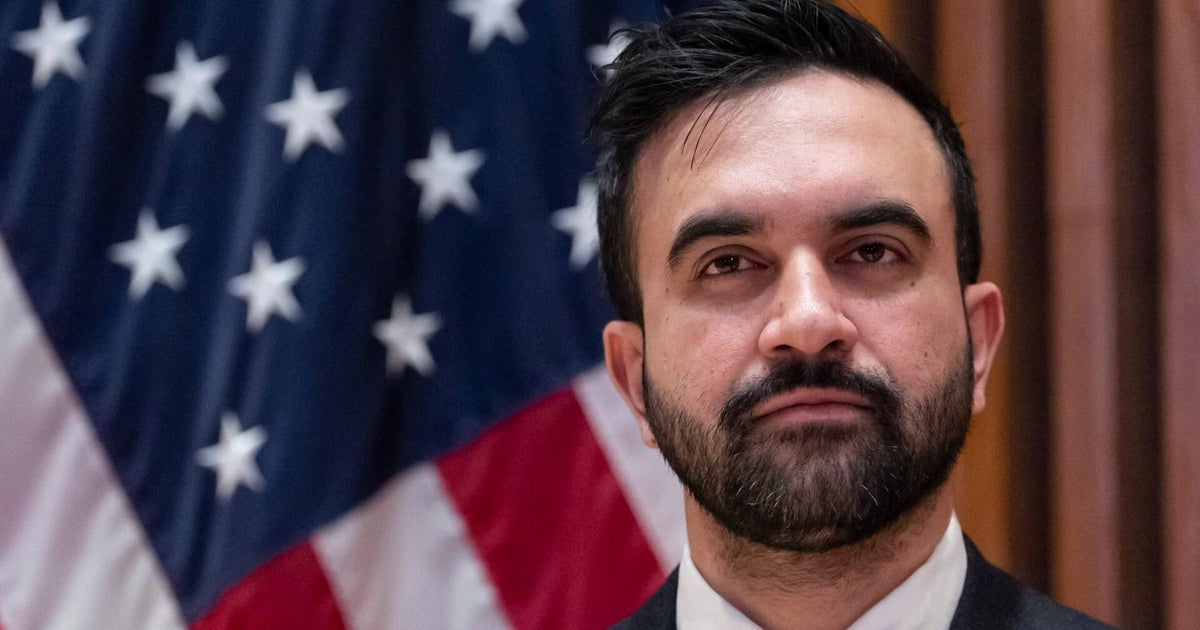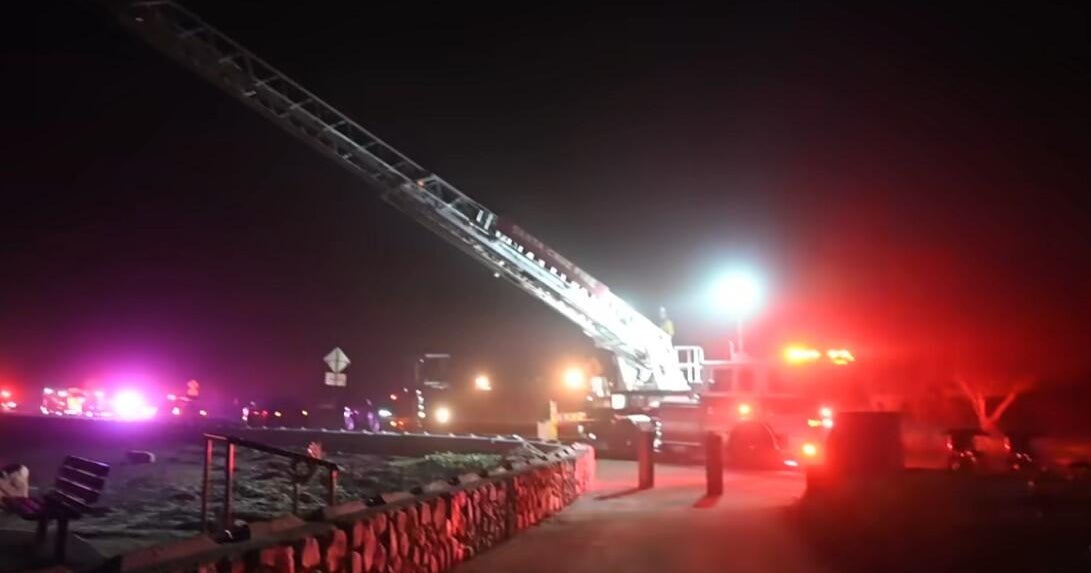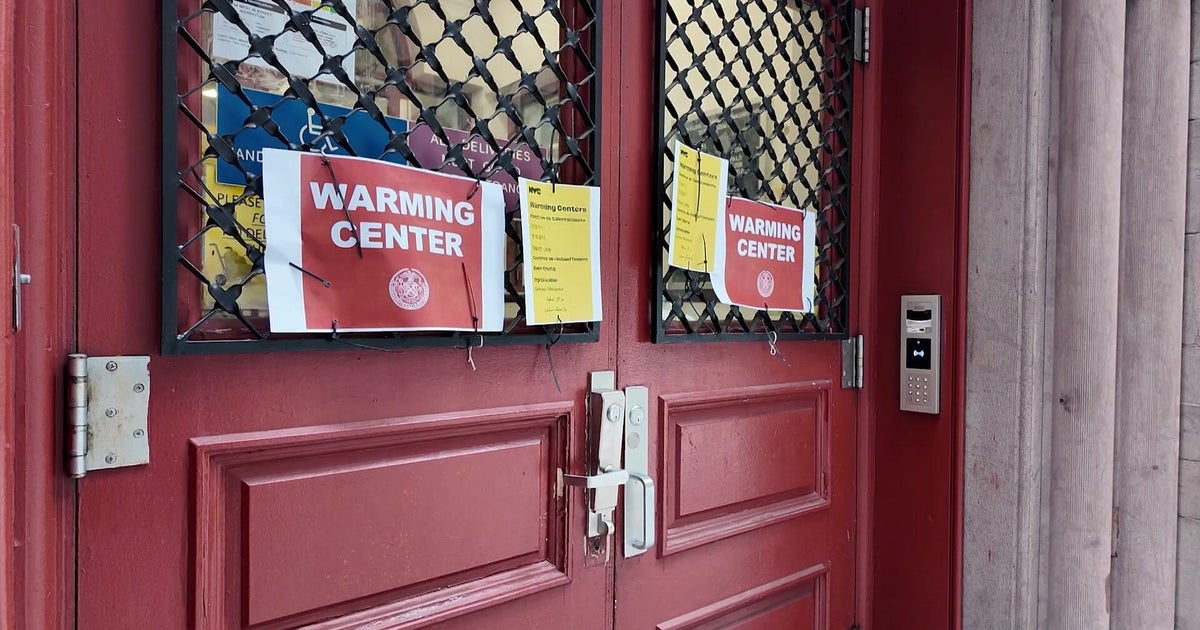Emanuel Gets Split Decision On Springfield Agenda
SPRINGFIELD, Ill. (CBS) -- It was a "split decision" in the state capitol for Chicago Mayor Rahm Emanuel during the General Assembly's veto session.
Lawmakers approved his plan for speed cameras for Chicago, but Emanuel lost out on a bid for a compromise that would finally bring a casino to Chicago and got a no decision on tax breaks for the LaSalle Street exchanges.
CBS 2 Chief Correspondent Jay Levine reports that, all in all, Emanuel did okay in Springfield, as speed cameras were his top priority. And he probably couldn't have done anything about the gambling expansion bill going down in the House.
One veteran lawmaker said the failure of the gambling plan might be the fault of the chief sponsor, Rep. Lou Lang (D-Skokie), who tried the hard sell in Springfield.
"I think he may have taking a little too aggressive tone with some of the members, who maybe have resented that," Rep. Marlow Colvin (D-Chicago) said.
Lang had tried to win over downstate lawmakers with an attack on Gov. Pat Quinn for opposing slot machines at racetracks, which he said would cost their people jobs.
"The first thing the governor said was no help for our agri-business people, no help for central and southern Illinois," Lang said during the debate of a compromise gambling expansion bill that would have brought five new casinos to Illinois, including one in Chicago.
But the measure also would have allowed slot machines at racetracks, which Quinn has said he would veto, even though sponsors said slots at the tracks would be needed to pass any casino bill.
A key lobbyist said Emanuel himself had made phone calls trying to drum up votes for the measure, but it was too little, too late.
House Speaker Mike Madigan (D-Chicago) personally broke the news to Lang that the votes simply weren't there to pass a casino bill that could survive a veto by Quinn and there was no reason to recall the gaming bill for another vote on Thursday.
With the second week of veto session over and the gambling plan all but dead, Emanuel was left to emphasize his lone victory in Springfield, by accompanying school children to a dangerous intersection he hoped would be made safer by the speed sensors.
But he didn't take any questions about his Chicago casino failing along with the gaming bill.
"We'll be back and we'll work on it again, I'm sure Lou is going to continue to work on it, he's been working on it for 20 years, so whats one more, so it's not dead," Colvin said.
Lawmakers might have a chance at passing a workable gambling expansion bill if they sit down with Illinois Gaming Board Chairman Aaron Jaffe, who has the Governor's ear and shares his concerns.
"I think that they should sit around the table with the governor's people and if they want to invite me I'll be happy to come and express my opinion," Jaffe said. "And then we work on this bill over a long period of time."
Jaffe has criticized the gambling plans that have gone through the legislature so far as being too bloated and falling short when it comes to regulatory oversight.
But Lang has said Jaffe and Quinn did not do enough to work with lawmakers to craft workable gambling legislation.
Something else lawmakers needed more time to do before another veto session at the end of the month was to work on a bill creating jobs to go along with tax relief for the three financial exchanges in Chicago – the Chicago Board of Trade, the Chicago Mercantile Exchange and the Chicago Board Options Exchange. The General Assembly is expected to take that up when the lawmakers return to Springfield on the Tuesday after Thanksgiving.
That still gives the mayor a chance to go 2 for 3 and claim victory. Of course, he was also in favor of major pension reform, but no significant pension overhaul came up during the first two weeks of veto session.
--CBS 2 Political Producer Ed Marshall contributed to this report.
